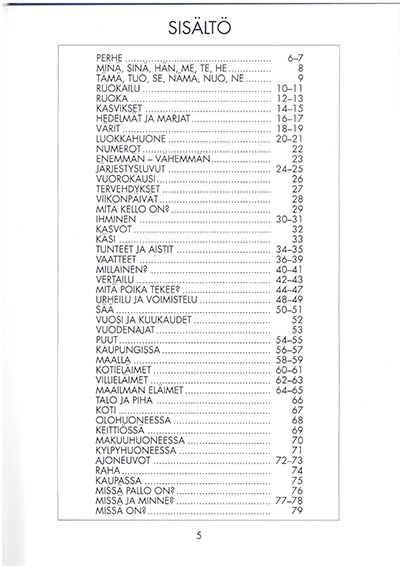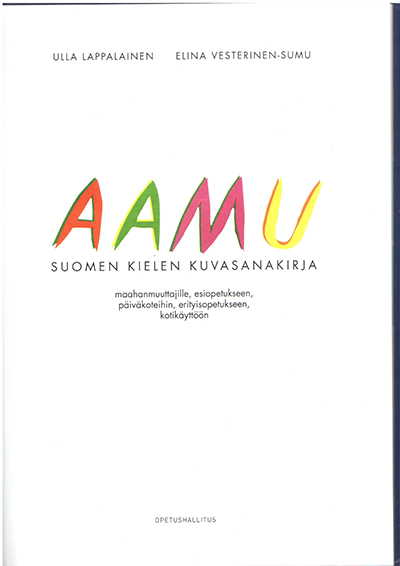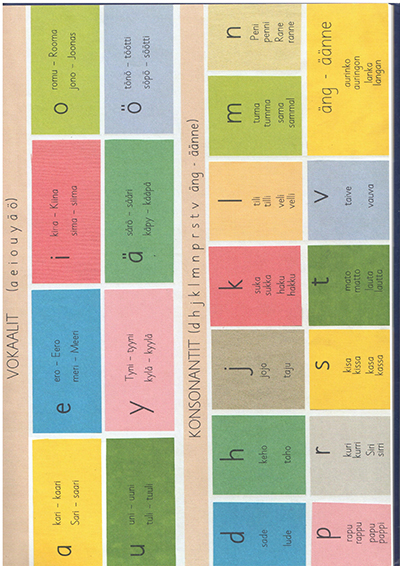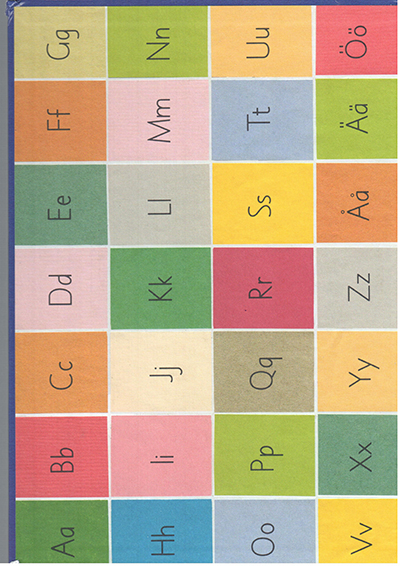| Sorted by date | |||
page210from Building Ideas
Both
the historicist and the poststructurlist tendencies correctly pointed to the
failures of the modern movement’s instrumental rationality, its narrow
teleology, and its overblown faith in technology, but these two positions have
erred in another direction in their abjuration of all realms of the social and
in their assumption that form remains either a critical or affirmative tool
independent of social and economic processes. That contemporary architecture
has become so much about surface image and play, and that its content has
become so ephemeral, so readily transformable and consumable is partially a
product of the neglect of the material dimensions… - programme, production,
financing and so forth – that more directly invoke questions of power. And by
precluding issues of gender, race, ecology and poverty, postmodernism and
deconstructivism have also forsaken the development of a more vital and
sustained heterogeneity.39
This
view implies that we are still caught up in the dilemma suggested by Le
Corbusier, when in 1923 he presented architecture as an alternative to
revolution.40 It should be clear from the modes of resistance set out be recent
Marxist philosophers that the real “revolutions” take place at the level of
spatial practice. The strategy of subverting the dominant paradigms through the
unofficial use of various tactics – such as improvising with “found” objects, technology
transfer and “poaching” of spaces, as de Certeau remarked – provides a range of
possibilities for the enlightened consumer to step outside the commodification
process. The more the strategies of coercive advertising and media manipulation
are exposed by political artists, commentators and critics, the more informed
people might become in the choices they make regarding their economic and
cultural conditions. As a method of criticism of the art and architecture
produced under capitalist conditions, the contextual background to the
particular work becomes of paramount importance to the Marxist view. However,
as Foucault and Derrida have suggested in the notion of the cultural
|
|||
|
|||
|
|
 ... ...
... ... ... ...
... ... ... ...
... ... ... ...
... ... ... ...
... ... ... ...
... ... ... ...
... ... ... ...
... ... ... ...
... ... ... ...
... ... ... ...
... ... ... ...
... ... ... ...
... ... ... ...
... ... ... ...
... ...